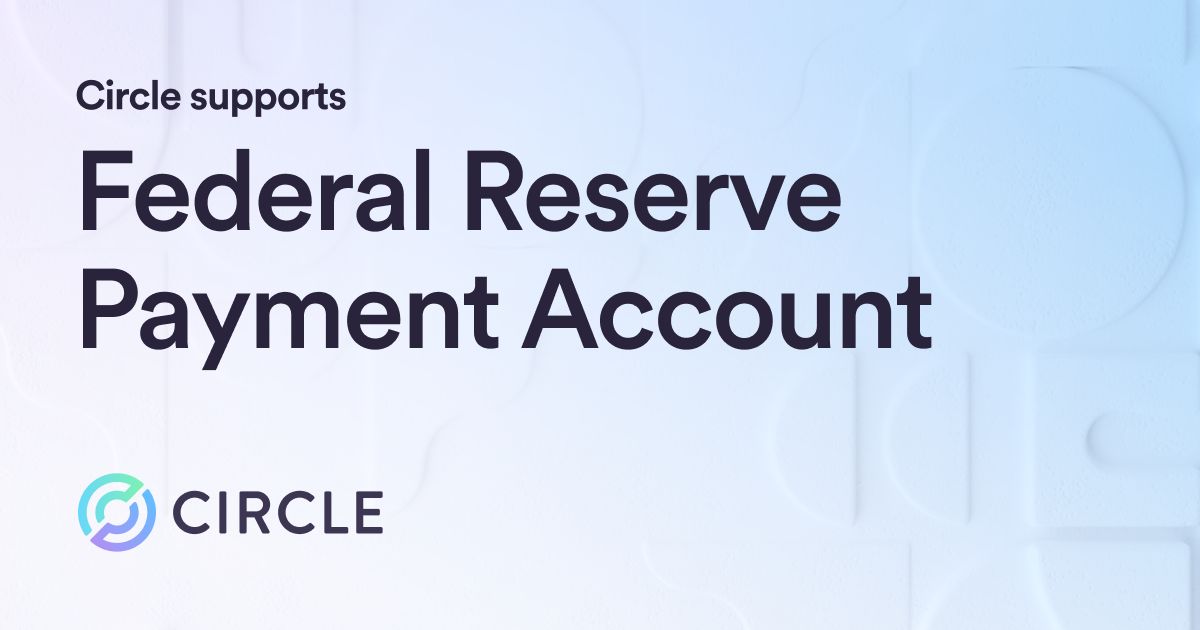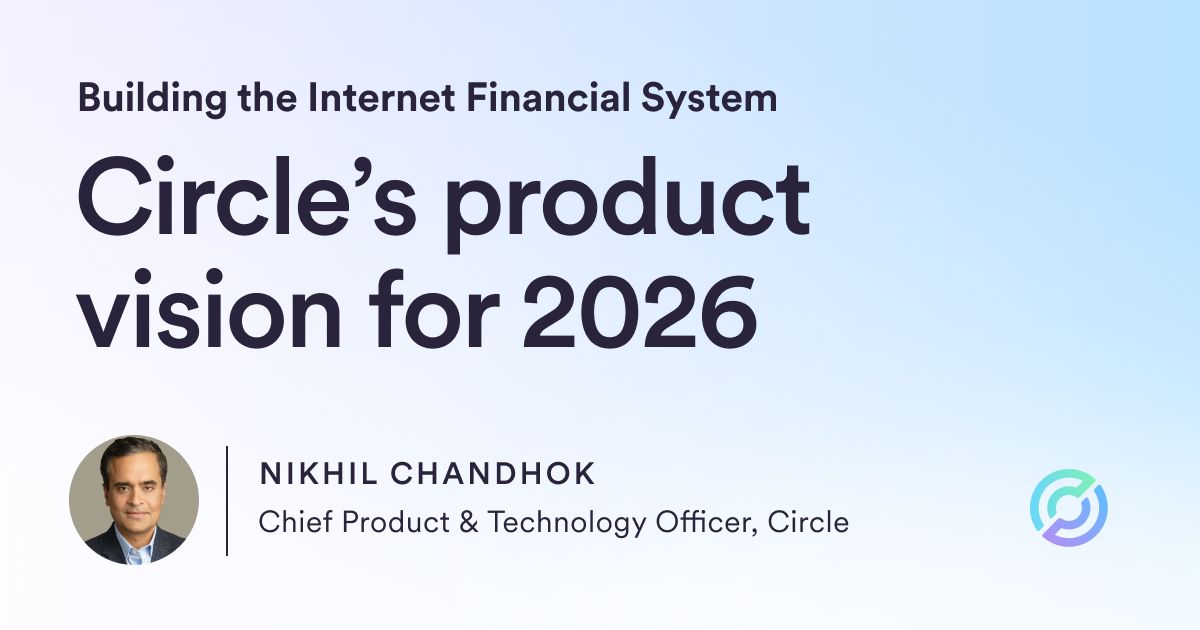Circle advocates for a comprehensive regulatory framework for digital assets in the United Kingdom. Read on to learn more.

In April 2023, Circle responded to His Majesty’s Treasury’s consultation and call for evidence on the Future Financial Services Regulatory Regime for Cryptoassets in the United Kingdom, and agreed with the UK government’s objectives to bring cryptoassets into the UK regulatory perimeter and create proportionate and agile rules so that digital asset firms can thrive and provide innovative and cost-reducing financial services to the UK market.
Circle commends the work that the UK government and HM Treasury has done to create a future regulatory framework for novel financial infrastructure and services, and said that the UK can lean into its established market leading position in fintech to become a competitive market to attract innovation and investment for well-regulated activity that benefits consumers. Circle wrote that the UK should make the registration process for digital asset firms simple and transparent, with clear indicative timelines and feedback from supervisors on what constitutes good or bad practices. Similarly, Circle supported disclosure rules for firms that are pragmatic, and that the liability for firms should be well thought-out, as these will reduce the costs of doing business in the UK and lead to greater on-shore activity.
Summary of Circle’s Response
- Circle recommended that HM Treasury create greater clarity around regulated activities related to the Financial Services and Markets Act (FSMA), the proposed applications of the Regulated Activities Order (RAO), and the newly proposed Designated Activities Regime (DAR). Circle recommended that additional detail from the government and the Financial Conduct Authority (FCA) on how authorisation and supervision would take place under the DAR would be welcomed, especially given it would be an untested regulatory toolkit.
- Circle urged HM Treasury to prioritize regulatory coherence in its approach to regulating the broader digital asset market. In particular, Circle conveyed recommendations regarding how the UK should approach FSMA or e-money authorisation for firms that have already gone through the difficult process of the Money Laundering, Terrorist Financing, and Transfer of Funds (commonly referred to as the “MLR”) registration for cryptoassets. Circle agreed that these rules are important, but noted that the approach taken by the FCA initially lacked a disclosed methodology for how firms would be assessed, which led to significant application and assessment difficulties for industry. Circle noted its hope that the approach under FSMA and the amended e-money regime will be more transparent.
- Circle urged HM Treasury to swiftly disclose its plans for the regulation of fiat-backed payment stablecoins. Circle welcomed the government’s intention to tailor and right-size the regulatory burden on firms by creating a phased approach to regulating cryptoassets, but cautioned that without full knowledge and articulation of the broad regime, it will be difficult for firms like Circle that will likely be regulated as a fiat-backed payment stablecoin issuer with interactions across the broader cryptoasset market to fully anticipate their regulatory obligations.
- Circle requested additional clarity on the distinction between what constitutes ‘cryptoasset’ activity versus activity related to payment stablecoins involved in payment service provision, as the two ecosystems (stablecoin arrangements and cryptoassets) can be highly interlinked and are at times enabled by each other. Circle noted that it would be helpful if HM Treasury elaborated on how the rules and guidance for Phase 1 (stablecoins) and Phase 2 (broader cryptoassets) will be aligned and whether implementation of those rules and guidance will be aligned, or if implementation will also be staggered in line with the ambition of the FCA and HM Treasury to create a single authorization regime.
- Circle urged HM Treasury to make a clear distinction between payment stablecoins that are collateralised by high quality liquid assets and so-called “algorithmic stablecoins” that do not employ a similar collateralisation mechanism. Further, Circle said that HM Treasury should clearly differentiate tokenised traditional assets (i.e. tokenized cash and tokenized deposits) as a category separate from tokens that use higher risk traditional assets (such as commercial debt, or other less liquid instruments) in their reserve or as a stabilization mechanism, and cryptoassets that are “stabilized” by any type of “algorithmic'' mechanism that is endogenously collateralised.
- Circle commented on the proposed “territorial scope” in future UK cryptoasset regulation, and noted its belief that the overall regime for cryptoassets must remain consistent with the existing regime and cross-border access routes for other financial assets to avoid a differentiated regime that would increase complexity for firms and for end users. Circle noted that the current territorial scope is adequate as it would create a level playing field for firms operating in the UK and in turn help to safeguard consumers by preventing firms operating off-shore from evading regulation. Circle also requested additional clarity as to how the criteria for how a customer will be deemed to be in the UK.
- At present, under FSMA the applicable territorial scope for overseas firms depends on the activity being carried out, and different activities such as arranging, dealing, and investment advice have specific considerations when determining whether that activity is “carried out in the UK”. Circle encouraged HM Treasury to consider a regime which recognises the nuances of each activity in a cryptoasset context, and that the application of the proposed territorial scope should be proportionate to the activity or activities carried out by individual firms.
- Circle encouraged the FCA to pay close attention to fundamental differences between digital assets circulating on public blockchains and traditional payment flows. Rules built for closed consortia will likely not be fit for purpose for peer-to-peer networks built with the express purpose of removing financial intermediaries prone to failure.





